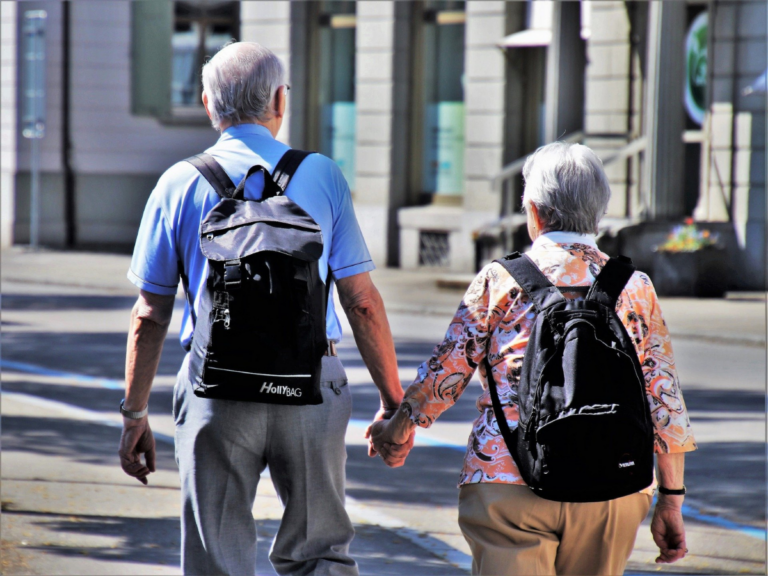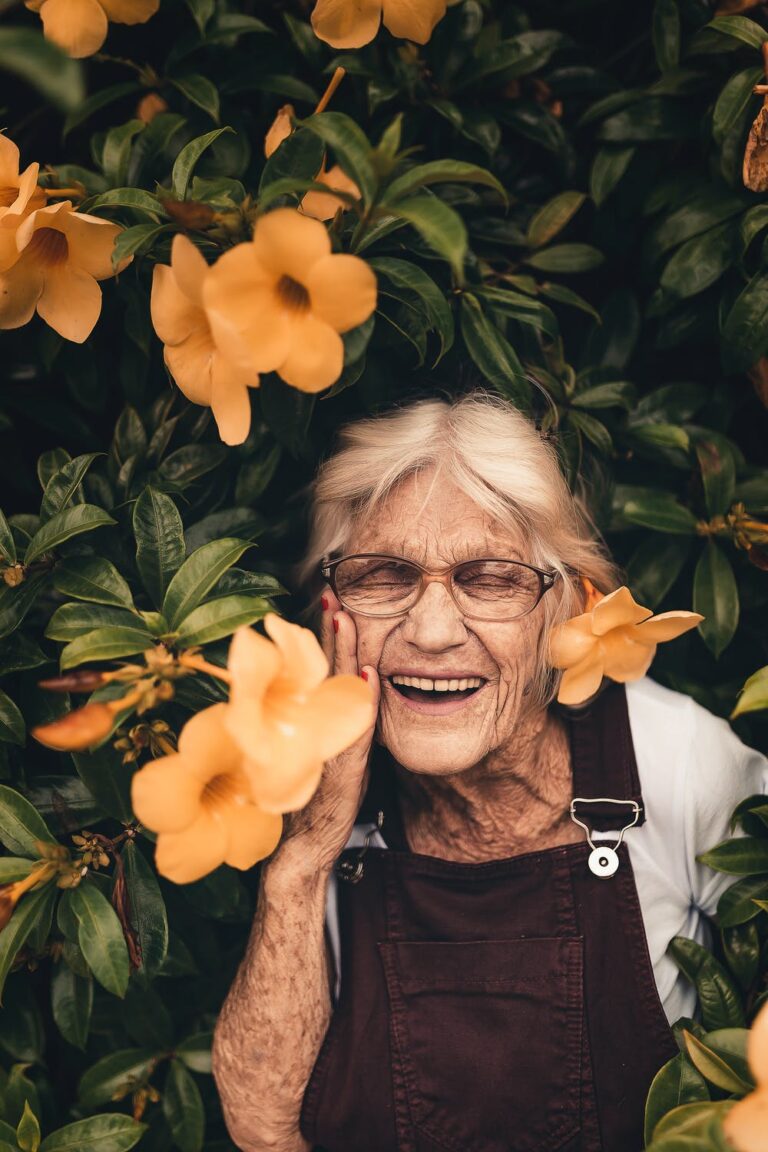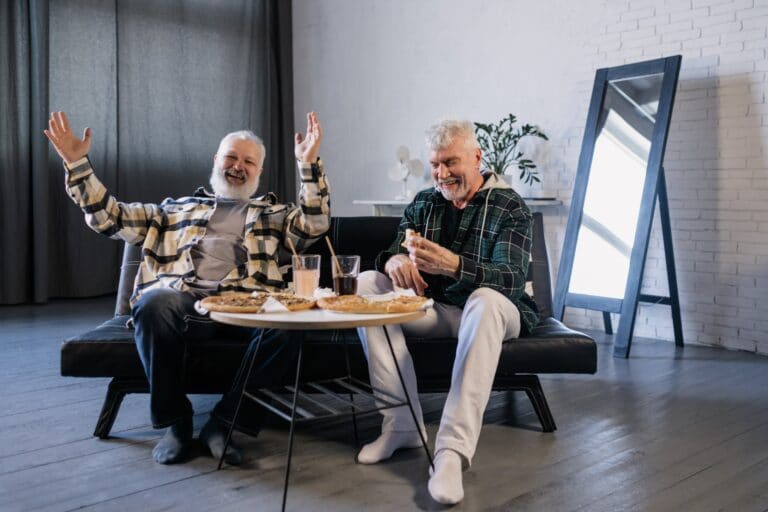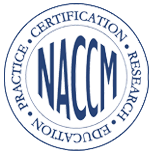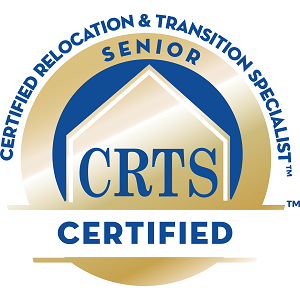5 Ways to Promote Senior Health During National Cancer Prevention Month
It’s never too late to take steps to prevent cancer. According to the Centers for Disease Control and Prevention, more than two-thirds of all cancer diagnoses are among adults aged 60 years and older.
However, there are many simple steps you can implement every day to help lower the risks of cancer and improve overall health.
1: Stay Active
Staying active as an older adult can have a major positive impact on your mental health, physical health, and can even help fight cancer.
Experts say that engaging in physical activity can significantly reduce the risk of at least seven types of cancer in older adults.
Maintaining a healthy weight is one of the most effective ways to reduce the risk of cancer, and keeping your body moving is a great way to do that.
In addition, research shows that physical exercise may help reduce cancer risks by regulating hormones, preventing high blood sugar, reducing inflammation, boosting the immune system, and helping with food digestion.
Experts recommend engaging in a combination of aerobic exercise, balance training, and strength training each week to have the biggest impact.
2: Use Sun Protection
Melanoma is among the most common types of cancer diagnoses in the older adult population.
However, getting outside can be highly beneficial by helping facilitate physical activity. Sun exposure also helps improve mental health, sleep quality, and brain health.
As we age, the skin becomes increasingly sensitive to the sun. This means implementing proper sun protection becomes even more important.
Sunscreen with an SPF of at least 15 or higher should be applied to the face every day. During extended time in the sun, all exposed skin should be protected with sunscreen as well.
Protective clothing and wide-brimmed hats can enable you to safely enjoy the sunshine and reduce the risk of melanoma while still getting all the benefits sunshine can offer.
3: Stay Connected
Researchers have found that having strong social connections can have a positive impact on cancer risk in adults over 65.
The World Health Organization defines “health” as “a state of complete physical, mental and social well-being,” and experts say this is crucial to consider when helping older adults stay healthy.
Maintaining fulfilling social connections and staying up-to-date have been shown to have a positive impact on mental and physical health. Plus, having access to the latest health information is a crucial component for health in general.
Family members who provide books with new information, or teach older adults who may need help conducting their online research can make a world of difference for their health. Knowledge is power, and now the research shows it can even keep cancer at bay.
Older adults who experience social isolation are at a significantly higher risk for multiple other health complications too. Dementia, stroke, heart disease, anxiety, and depression are all more likely with poor social connections.
4: Quit Smoking and Reduce Exposure to Secondhand Smoke
Smoking is one of the leading causes of cancer in the United States.
Research shows that habitual smoking can even age you. Smokers were found to be at the same cancer risk as someone eight years older who has never smoked.
Overall, smokers are at a 44% higher risk of developing cancer than non-smokers.
Many adults who are over 60-years-old still remember a time before we had so much information about how harmful smoking can be. They may not be aware of the serious complications that smoking can cause.
One of the most important things a concerned family member can do is to make their older loved one aware of the risks. Providing them with the information they need could help them take the steps to quit.
In addition, exposure to second-hand smoke can be detrimental to the health of older adults.
According to a study published by the National Library of Medicine, adults 60 and older who are exposed to second-hand smoke are more likely to suffer from frailty — a condition associated with decreased independence and higher rates of illness.
But, quitting cold turkey is no easy feat. Experts say the best way to quit is through nicotine replacement therapy. There are many patches, gums, and lozenges available that can help.
5: Eat Well
Many healthy foods are known to help reduce cancer risk.
For example, studies show that vegetables containing phytonutrients have been associated with reduced cancer risk. These foods include red and orange vegetables as well as some dark leafy greens.
Foods containing antioxidants like beans, berries, avocado, and a host of fresh fruits and vegetables.
However, convincing some adults to change their diets isn’t always simple. For picky eaters, many recipes mask the taste of the vegetables inside like hidden veggie mac and cheese sauce.
What’s Next?
Making sure you or your loved one has access to the tools necessary to facilitate a healthy lifestyle can be hard. At Reflections, our goal is to make it easy.
From care level assessment to in-home services, and relocation consulting, we’re here to support you every step of the way.
To find out how we can help you live the way you want to, reach out to our team of experts and we’ll answer your questions to help you take the next steps toward reaching your goals.




